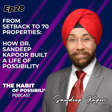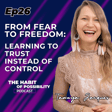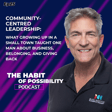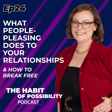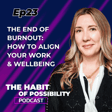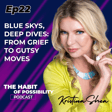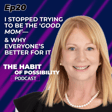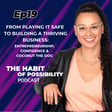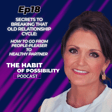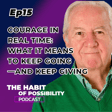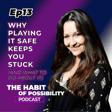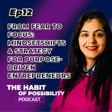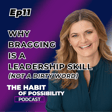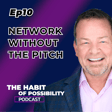
From Mental Tug-of-War to Forward Motion
Ever find yourself stuck in your head, overthinking every decision, imagining worst-case scenarios—but never actually moving forward?
Chris Rodd, founder of Rodd’s Media and producer of this podcast, opens up about his journey from mental tug-of-war to meaningful action. From hesitating to ask someone out to making bold moves in his career, Chris shares how he finally broke free from the inner debate that was holding him back.
We talk about:
- The subconscious patterns that fuel overthinking and fear
- Why being “authentic” can sometimes keep us stuck
- How single-minded focus opens the door to growth and confidence
- What it really takes to get out of your own way—and into real life
Whether you're navigating self-doubt, fear of failure, or just tired of running the same patterns, this conversation will help you shift from being stuck to taking action.
Chris Rodd is the fabulous sound engineer for this podcast, and the owner of Rodd's Media. You can connect with him at rodds.media
We are getting many requests these days for help with managing stress and navigating all of the change happening around us. So, we are offering free Stress Management workshops, both in person at our training facility in Burlington, Ontario Canada, and online via Zoom. Learn more and register here: https://www.hypnosistrainingcanada.com/stress-management-workshop
Find out more about how Robbie Spier Miller’s coaching, training, consulting and speaking opportunities can help you enhance your personal and business performance here:
https://www.hypnosistrainingcanada.com
https://www.mindlinkconsulting.com
Social Media Handles:
@hypnosistrainingcanada
@robbiespiermiller

